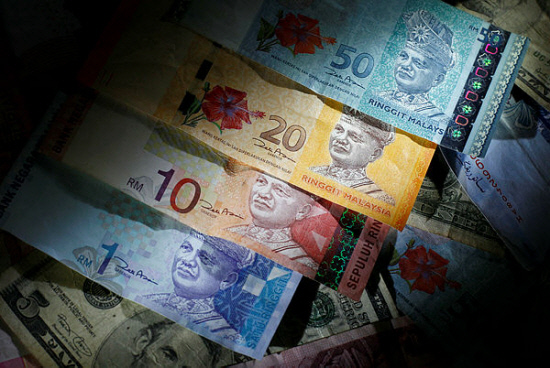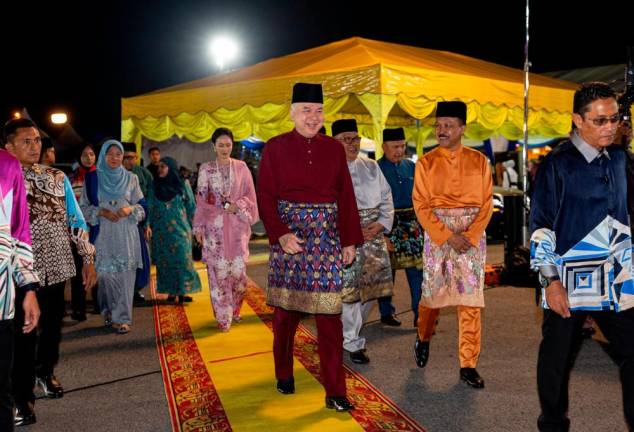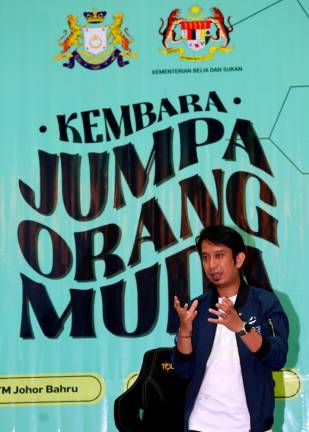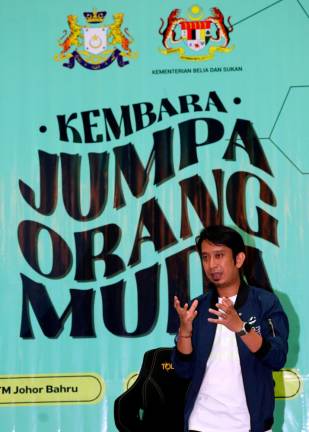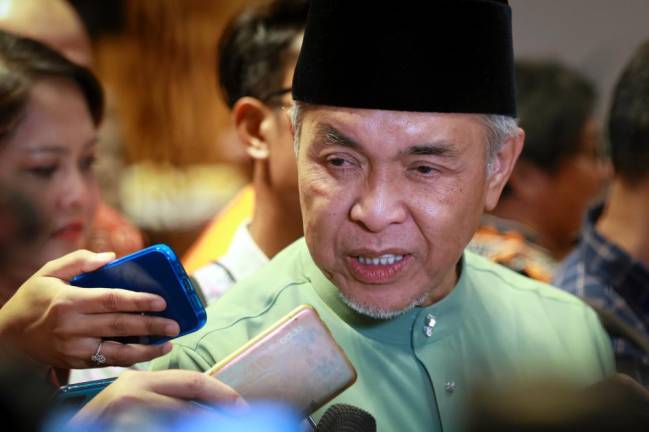PUTRAJAYA: The Ministry of Domestic Trade and Consumer Affairs (KPDNHEP) is in discussion with the hypermarkets to avoid price hikes on popular items after the implementation of RON95 targeted subsidy system scheduled in the second quarter of next year, according to Minister Datuk Seri Saifuddin Nasution Ismail.
He said the meeting was necessary since the household expenditure of the middle (M40) and high-income (T20) were expected to increase and to be driven by inflation of food items, after the implementation of the new subsidy targeted at the low-income group (B40).
Currently, he added, the people spend the most on food at about 30%, while the rest of their expenditure is on transport, utilities, housing and education.
“Therefore, the ministry is making preliminary arrangements to meet and discuss with the hypermarkets to avoid price hike for popular items such as instant noodle, bread, cooking oil, diapers, sausage and flour.
“A hypermarket has between 35,000 to 40,000 stock keeping unit (SKU) items. If they could cooperate to not raise the price of about 40 to 50 popular items, they still have 30,000 to 40,000 more SKU items to trade,” he said during a media luncheon titled ‘Media and Consumerism: the Nation’s Perspective’ here today.
Also present were Malaysian Press Institute (MPI) chief executive officer Datuk Chamil Warya, Malaysian National News Agency (Bernama) acting chief executive officer Datuk Zakaria Abdul Wahab, Bernama’s deputy chief editor (Economic News Services) Datin Rohana Mustafa, Bernama’s General News executive editor (Domestic News Service), Roslan Ariffin, heads of local media houses and media representatives.
Saifuddin said the ministry was also responsible for implementing the government policy of RON95 targeted petrol subsidy of 30 sen per litre to owners of under 1,500cc vehicles and 125cc motorcycles.
“We hope the system will run smoothly and safely,” he said, adding that the government also intends to provide more targeted subsidies on other consumer items.
With regard to the Food Bank programme that would be launched on Dec 22, he said its implementation would involve hypermarkets, hospitality industry players, food outlets with the aim to ease the burden of the underprivileged people who still needed support.
“The main advantage of the programme is that the food excess from the hypermarket shelves would not be wasted but would be collected and distributed to the receiving end, this would also encourage volunteerism,” he added.
Meanwhile, in terms of school necessities, Saifuddin said the retail associations already guaranteed that the stocks were adequate and the prices were reasonable.
“At the meeting, I emphasised these two factors and they understood it. However, the ministry will still arrange for monitoring and enforcement.
“If the end user is affected, then the ministry has no choice but to take necessary measures,” he said. — Bernama



